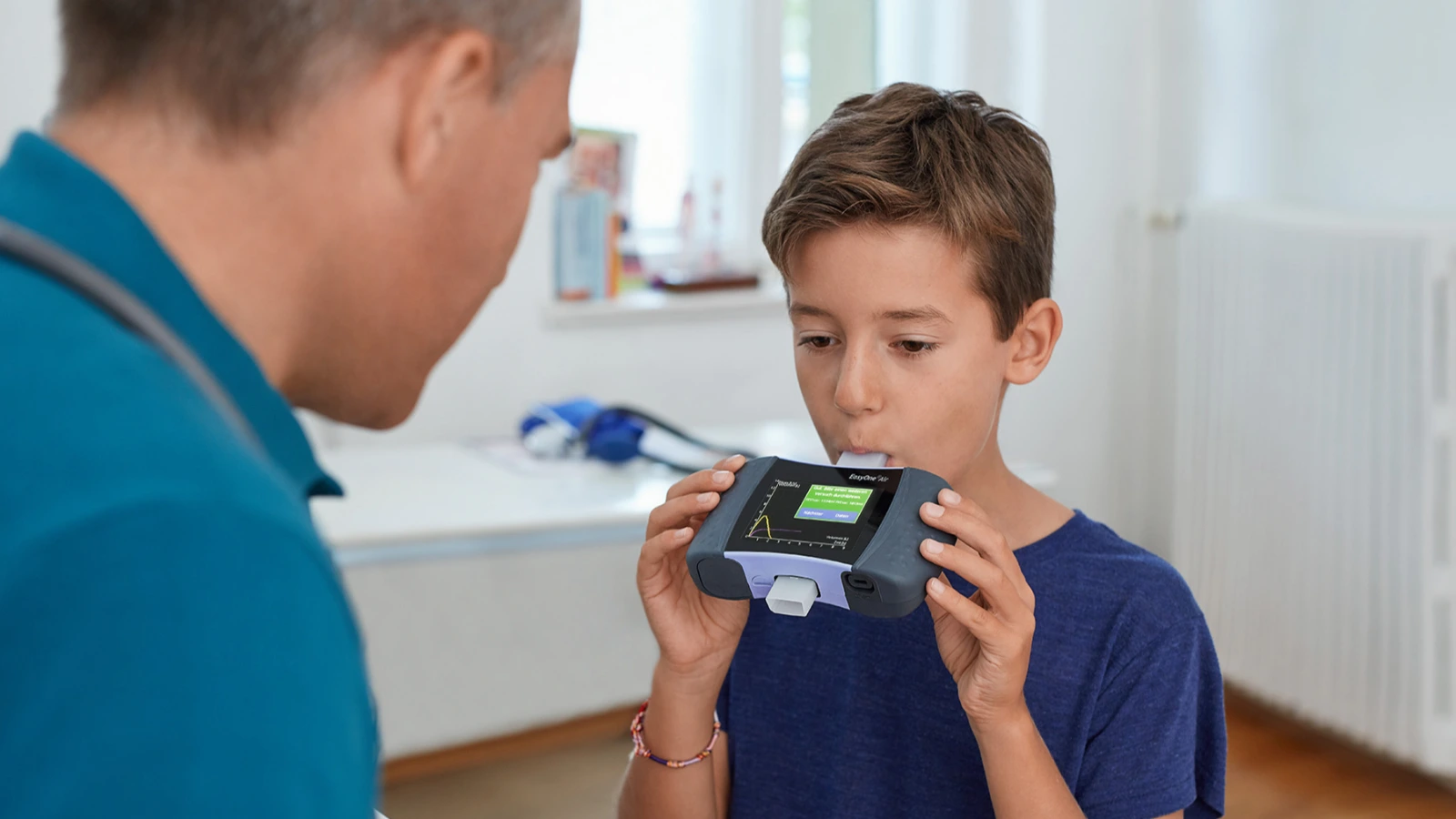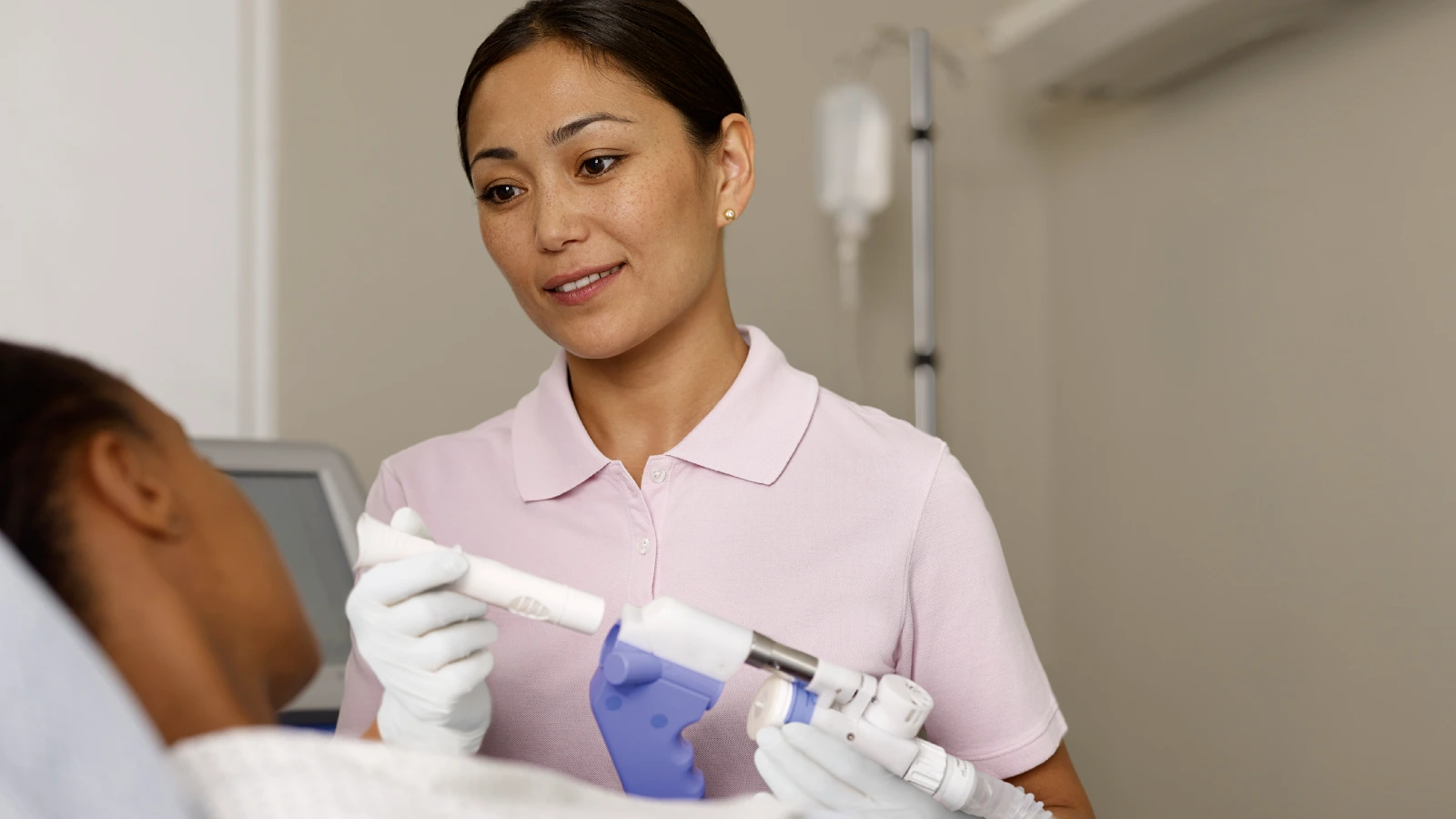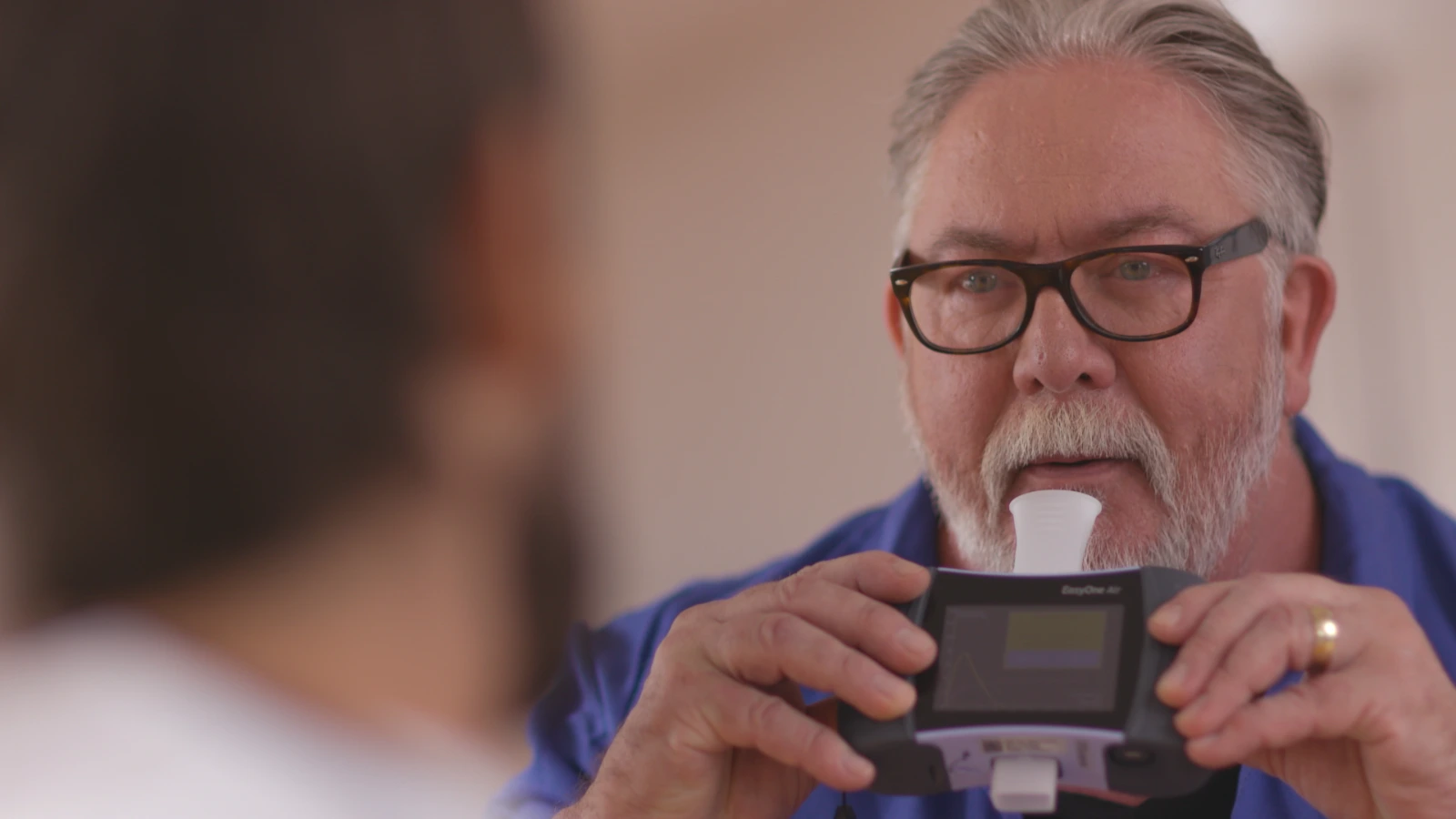The role of pulmonary function testing in pediatrics
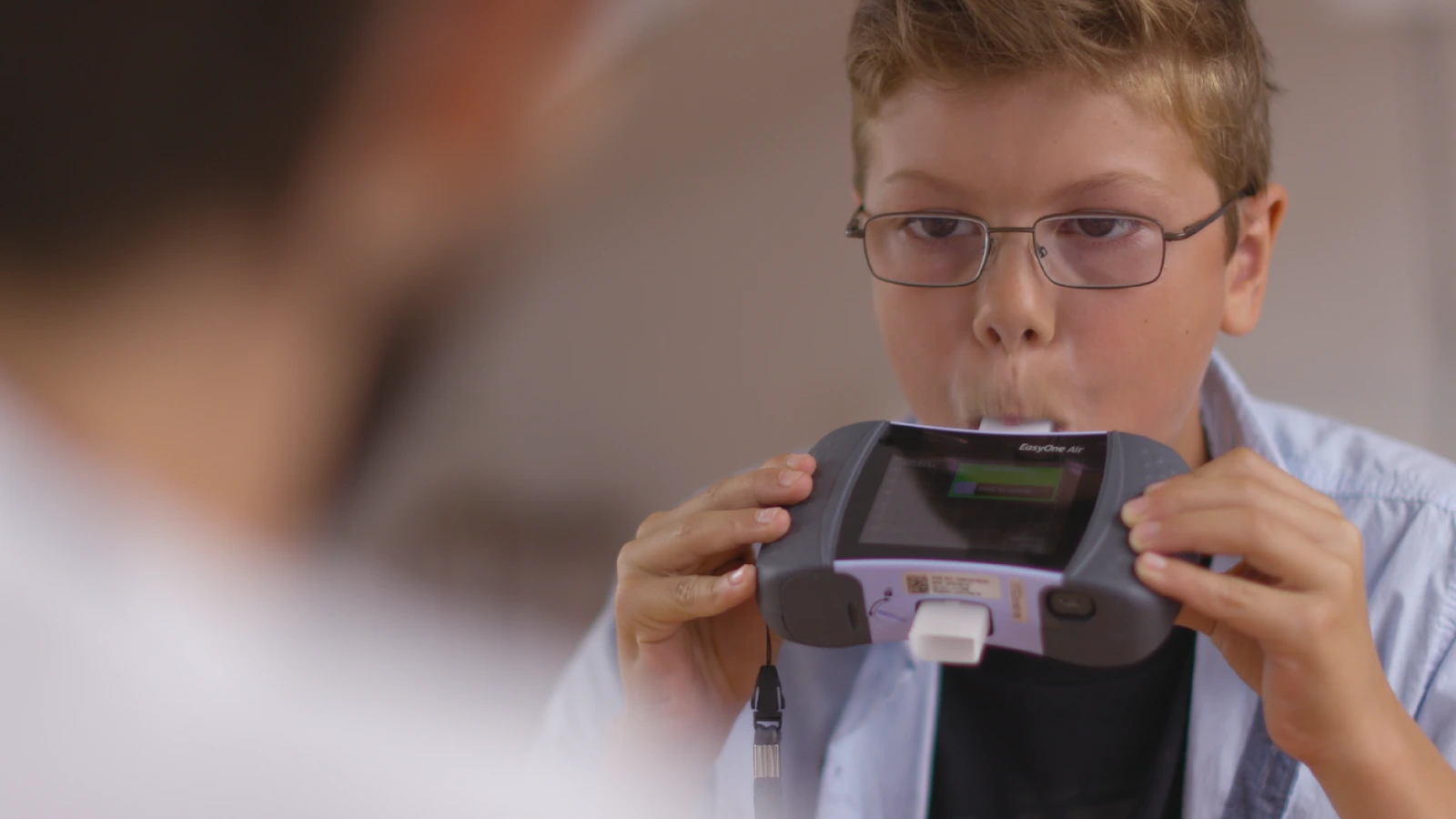
Little lungs, big problems #
The stereotype of school-aged children is that of runny noses and annual cold symptoms. Upper respiratory infections tend to spread like wildfires under the ideal conditions of close quarters in school, suboptimal hand hygiene, and maturing immune systems. It’s not uncommon for kids to get sick even multiple times per year, bouncing back quickly with the resiliency of youth.
But for many kids, regular cold and flu symptoms may be a sign of something more serious. According to the American Lung Association (ALA), asthma is the most common chronic condition in children, affecting over six million kids in the United States alone.1 Over half of those kids can be expected to have an asthma flare-up in any given year, leading to absenteeism, loss of social contact, and even long-term effects from the remodelling of their airways. Globally, the picture is not much better, with approximately 14% of the world’s children affected by the condition, and with asthma being one of the leading causes of hospitalization of children under five years of age.2
Apart from asthma, kids are also impacted by a variety of other respiratory conditions. Cystic fibrosis is perhaps one of the most well-known, affecting not only the lungs but organs like the liver and pancreas. Bronchopulmonary dysplasia, most often seen in premature newborns who need mechanical ventilation or oxygen support in their first weeks of life, affects between 10,000 and 15,000 babies every year.3 Less common conditions, like primary ciliary dyskinesia (PCD), congenital abnormalities, and even interstitial lung diseases affect thousands more. In total, respiratory issues account for nearly 1 in 4 of all pediatrician visits.
Finding the right answer #
Moreover, diagnosis and monitoring can be tricky with many of these conditions. Asthma in particular can be difficult to diagnose, with a wide range of symptoms from chronic cough to atopic reactions to various allergens to bronchospasm that’s only brought on by exercise. As with adults, chronic respiratory symptoms can be vague, nonspecific, and difficult to isolate. That leads to delayed diagnosis and increased risk of lifelong respiratory impairment.
In order to make the right diagnosis, you need the right tests. Along with a detailed history and physical examination, pulmonary function testing plays an important role in identifying lung issues, categorizing pathologies, and developing a personalized therapy plan tailored to the unique needs of every patient. These tests usually start with pre- and post-bronchodilator spirometry, which provides essential information about airway reactivity and responsiveness in conditions like asthma. Analyzing lung volumes with measurements like multiple breath washout (MBW) and the lung clearance index (LCI) are invaluable for monitoring lung function in cystic fibrosis. Monitoring diffusion capacity in the lung of carbon monoxide (DLCO) can also help detect rare diagnoses like interstitial lung disease, giving clinicians every possible tool to enhance clinical decision making.
How can ndd help? #
ndd has an array of cost-effective, user-friendly solutions that can be implemented in virtually any practice setting, including pediatrics and family practice. ndd also has a proven track record of quality and safety, providing for outstanding patient care without over-burdening staffing or workflows.
Complete solutions at the point of care #
ndd’s state-of-the-art EasyOne Pro series allows for a wide range of pulmonary function testing with immediate results in many environment of care. The EasyOne Pro was designed with portability in mind, allowing testing to go to the patient rather than the other way around. This allows for easy testing in the hospital without the risks involved in patient transport, as well as bringing testing on-site to your clinics. Delays in scheduling or care coordination can become a thing of the past, especially with the standard American Thoracic Society/European Respiratory Society (ATS/ERS) diagnosis decision tree integrated with the EasyOne Connect software included with every device, allowing you to initiate a plan of care immediately. EasyOne Connect also facilitates the implementation of bronchoprovocation studies when pre- and post-bronchodilator measurements aren’t sensitive enough for asthma detection, as well as the development of custom provocation protocols and customized reports to meet the precise needs of any practice.
The EasyOne Pro LAB device brings MBW and LCI testing to the point of care in the same compact profile as the base EasyOne Pro. This allows for rapid measurement, evaluation, and trending of lung function as young patients mature. In those cases where a deeper dive beyond the built-in pre-setting’s are needed, the Pro and Pro LAB can export raw sensor data to get a breath-by-breath look for a further data interpretation and support needs. For family practices, that means better care for your grown-up panel, too!
Safe and accurate #
With infection control on everyone’s mind even outside the hospital, the EasyOne Pro is also designed to keep patient and clinician safety at the forefront. The unique TrueFlow™ technology at the heart of our equipment provides extremely accurate airflow measurement. In addition, inline viral filters are available to provide highest safety for your staff and patients. The devices themselves require no tedious cleaning solutions or procedures, maximizing your patient throughput and efficiency.
Proven technology #
The combination of TrueFlow with ndd’s TrueCheck™ gas analysis technology also ensures incredible accuracy of both airflow and DLCO measurements, both of which are essential to optimally manage not only your post-COVID patients, but those with any respiratory condition. Each trial receives a 5-point validation and linearization, removing common sources of errors in testing and virtually guaranteeing accuracy over the life of the device. This is a vast improvement over other devices, which studies have found to be inaccurate as much as 25% of the time, even just after calibration.4 These innovations allow you to be confident that PFT measurements will be stable and consistent over time, enhancing research and optimizing clinical decision-making. That stability also allows your staff to spend more time in direct patient care rather than performing cumbersome calibration routines.
Optimized for pediatrics #
All ndd products are designed to make the patient experience as convenient and comfortable as possible, and that includes your youngest patients. From the user-friendly Spirette patient interface to built-in pediatric algorithms and datasets to colorful, interactive incentive animations designed to encourage maximum effort and optimal technique, ndd technology is there to help your staff get the best information possible.
Chronic lung problems aren’t just a grown-up problem. Your patients deserve pulmonary function testing equipment that can grow along with them so they can keep breathing easy at any age!
To learn more, click on the ndd solutions below:
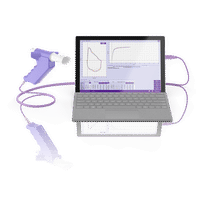
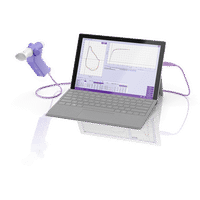
Easy on-PC
PC spirometer
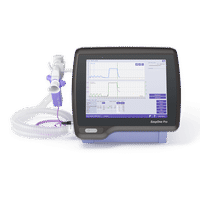
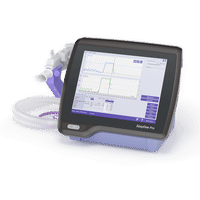
EasyOne Pro
Portable DLCO, Lung Volumes and Spirometry
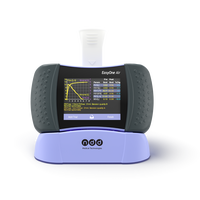
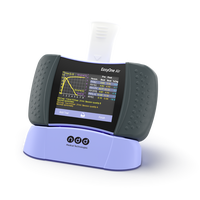
EasyOne Air
Portable & PC spirometer
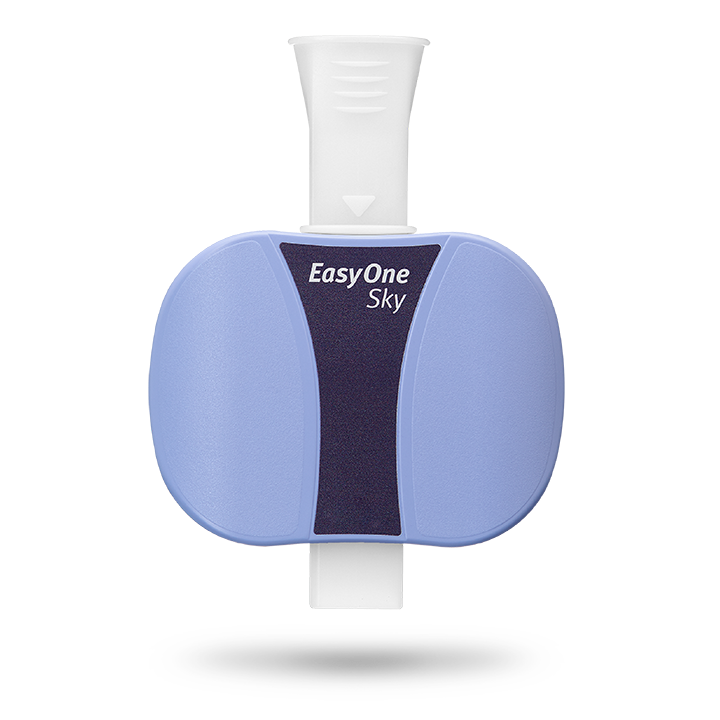
EasyOne Sky
Redefining spirometry with Buddy


